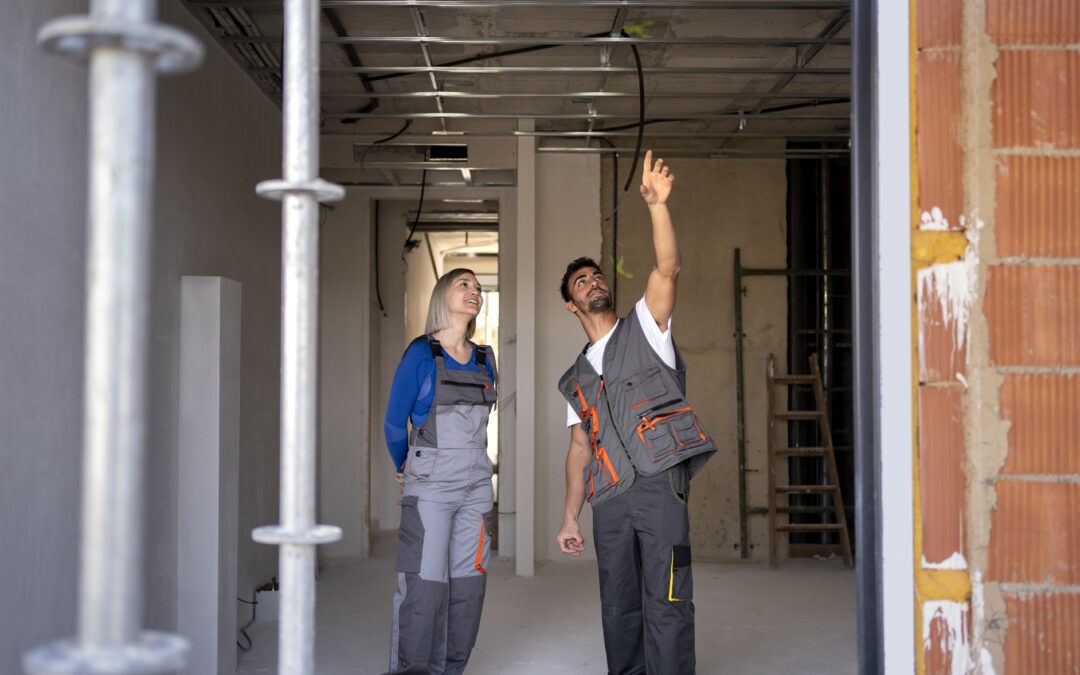New Build Home Inspection at Dallas, Fort Worth TX: 2024
Introduction
In the dynamic real estate landscape of Dallas-Fort Worth, Texas, the significance of a new build home inspection cannot be overstated. As prospective homeowners navigate the process of purchasing newly constructed properties, understanding the nuances of home inspections becomes paramount. This article aims to elucidate the essential aspects of newly built home inspections in Dallas-Fort Worth, emphasizing their importance, legal requirements, potential issues, benefits, inspection processes, common findings, associated costs, and actionable tips for homebuyers.
1. What is the purpose of a building inspection?
The purpose of a building inspection is to assess the structural integrity, safety, and compliance of a property with building codes and regulations. It aims to identify any defects, deficiencies, or potential hazards that may exist within the structure, ensuring the safety and well-being of occupants.
2. What is the purpose of an initial inspection in construction?
An initial inspection in construction serves to evaluate the progress and quality of work during the early stages of construction. It helps identify any deviations from the approved plans, ensure adherence to construction standards and specifications, and address any issues or concerns promptly to prevent costly rework or delays later in the project.
3. Why is inspection important in real estate?
Inspection is important in real estate to provide buyers with assurance regarding the condition and quality of the property they intend to purchase. It helps uncover any hidden issues or defects that may not be apparent during a visual inspection, allowing buyers to make informed decisions and negotiate repairs or adjustments as needed.
Legal Requirements for New Build Home Inspections in Dallas-Fort Worth, TX
The regulatory framework governing new build home inspections in Dallas-Fort Worth encompasses a spectrum of legal requirements, ensuring adherence to stringent building codes, compliance standards, and permit processes.
Building Codes and Regulations in Dallas-Fort Worth
Dallas-Fort Worth operates within a robust framework of building codes and regulations designed to safeguard the structural integrity, safety, and quality of newly constructed homes. These codes encompass various aspects of construction, ranging from foundational elements to electrical and plumbing systems.
Compliance Standards for New Build Homes
Builders in Dallas-Fort Worth are obligated to meet rigorous compliance standards that dictate the construction, installation, and operation of critical home systems. Compliance encompasses adherence to industry best practices, safety protocols, and quality benchmarks.
Permit Requirements and Processes for Builders
The acquisition of permits represents a pivotal step in the construction process for builders in Dallas-Fort Worth. Permits serve as official documentation authorizing specific construction activities, ensuring alignment with zoning regulations, safety standards, and environmental considerations.
Potential Issues in New Build Homes
New build homes, despite their novelty, are not immune to potential issues that may compromise their structural integrity, functionality, and longevity.
Structural Integrity Concerns in New Build Homes
Instances of structural deficiencies, such as foundation cracks, uneven settling, or inadequate load-bearing support, can manifest in newly constructed homes. These issues may stem from substandard construction practices, environmental factors, or design flaws.
Common Electrical System Problems
Electrical system malfunctions pose inherent risks to the safety and functionality of new build homes. Common issues include faulty wiring, inadequate circuitry, improper grounding, and subpar installation practices. Research conducted by the National Fire Protection Association underscores the prevalence of electrical system-related fires in residential settings, underscoring the imperative for thorough inspections.
Plumbing System Challenges in New Build Properties
The plumbing systems of newly built properties are susceptible to a myriad of challenges, including leaks, pipe corrosion, water pressure irregularities, and drainage inefficiencies. Proper installation techniques, material selection, and adherence to plumbing codes are pivotal in mitigating these issues.
HVAC System Issues in Newly Constructed Homes
The effective operation of heating, ventilation, and air conditioning (HVAC) systems is integral to maintaining indoor comfort, air quality, and energy efficiency in newly built homes. Potential issues encompass inadequate insulation, ductwork deficiencies, equipment malfunctions, and improper sizing or installation practices.
Importance of Proper Insulation and Ventilation
Insufficient insulation and ventilation can precipitate a litany of issues in new build homes, ranging from energy inefficiency and moisture accumulation to indoor air quality degradation and structural damage. Proper insulation materials, installation techniques, and ventilation strategies are indispensable in mitigating these concerns.
Benefits of Conducting a New Build Home Inspection
The proactive undertaking of a new build home inspection confers a multitude of benefits, empowering homebuyers with invaluable insights and negotiating leverage.
Early Detection of Defects and Potential Cost Savings
New build home inspections facilitate the early identification of defects, deficiencies, and safety hazards, affording homebuyers the opportunity to address issues proactively. The timely resolution of identified issues can avert costly repairs, mitigate escalation risks, and preserve the long-term value of the property.
Negotiating Power with Builders Based on Inspection Findings
Armed with comprehensive inspection reports, homebuyers can leverage their findings to negotiate favorable terms, concessions, or remediation efforts with builders. Effective communication, supported by tangible evidence of deficiencies, enhances the likelihood of amicable resolutions and ensures accountability on the part of builders.
Ensuring Safety and Quality for Homeowners and Their Families
At its core, the primary objective of new build home inspections is to safeguard the safety, well-being, and quality of life of homeowners and their families. By proactively addressing structural, mechanical, and safety concerns, inspections foster peace of mind, confidence, and trust in the integrity of the home.
Process of New Build Home Inspections
The process of conducting a new build home inspection entails a systematic series of steps, from selecting certified inspectors to reviewing detailed inspection reports.
Steps for Selecting a Certified Home Inspector
Critical to the success of a new build home inspection is the selection of a certified home inspector possessing the requisite expertise, experience, and credentials. Homebuyers are encouraged to conduct thorough due diligence, vetting prospective inspectors based on qualifications, reputation, and industry affiliations.
Scheduling and Coordination with Builders
Effective scheduling and coordination with builders are essential components of the inspection process, ensuring optimal access to the property and facilitating meaningful dialogue between stakeholders. Collaboration and transparency between homebuyers, inspectors, and builders foster a conducive environment for comprehensive assessments and informed decision-making.
Detailed Examination During the Inspection
The core of the inspection process entails a meticulous examination of the property, encompassing structural components, mechanical systems, interior finishes, and exterior elements. Inspectors employ specialized tools, techniques, and industry standards to assess the condition, functionality, and safety of critical home systems.
Reviewing and Understanding the Inspection Report
Following the completion of the inspection, homebuyers receive a comprehensive report detailing findings, observations, and recommendations. Thorough review and understanding of the inspection report empower homebuyers to prioritize actionable insights, solicit clarification on technical terminology, and engage in constructive dialogue with builders.
Common Findings in New Build Home Inspections
New build home inspections yield a spectrum of findings, ranging from minor deficiencies to critical safety hazards, necessitating prompt attention and remediation.
Examples of Minor Defects Found in New Build Homes
Minor defects encompass cosmetic imperfections, surface blemishes, and minor deviations from established standards or specifications. These issues, while relatively benign, warrant attention and remediation to uphold the overall aesthetics and functionality of the home.
Major Deficiencies That May Impact Structural Integrity or Safety
Critical deficiencies pose inherent risks to the structural integrity, safety, and habitability of new build homes. Examples include foundation instability, electrical hazards, plumbing leaks, HVAC malfunctions, and compromised fire safety measures. Timely intervention is imperative to mitigate risks and ensure compliance with regulatory requirements.
Safety Hazards and Urgent Repairs Identified During Inspections
Safety hazards, such as exposed wiring, unstable staircases, defective smoke detectors, or inadequate egress routes, constitute immediate priorities for remediation. These issues pose tangible risks to occupants’ safety, necessitating swift action, coordination with builders, and compliance with regulatory mandates.
Costs Associated with New Build Home Inspections
The financial considerations associated with new build home inspections encompass inspection fees, potential repair costs, and long-term value preservation.
Average Inspection Fees for New Build Homes in Dallas-Fort Worth
Inspection fees for new build homes vary based on factors such as property size, scope of inspection, and geographic location. However, the investment in a comprehensive inspection represents a prudent allocation of resources, mitigating potential risks, and safeguarding the integrity of the home.
Potential Repair Costs for Addressing Identified Issues
While some issues may entail minor repairs or cosmetic enhancements, critical deficiencies may necessitate substantial remediation efforts, entailing significant financial outlays. Homebuyers are advised to budget accordingly, factoring in potential repair costs and contingencies to mitigate unforeseen expenses.
Tips for Homebuyers Regarding New Build Home Inspections
Empowering homebuyers with actionable insights and practical guidance enhances their ability to navigate the complexities of new build home inspections effectively.
Researching Reputable Home Inspectors with Local Expertise
Thorough research and due diligence are essential prerequisites for selecting reputable home inspectors with a proven track record of excellence and local expertise. Seek recommendations, scrutinize credentials, and verify industry affiliations to ensure alignment with professional standards and regulatory requirements.
Benefits of Attending the Inspection in Person
Active participation in the inspection process affords homebuyers invaluable opportunities to gain firsthand insights, ask pertinent questions, and familiarize themselves with critical aspects of the property. Direct engagement enhances comprehension, fosters transparency, and strengthens collaborative relationships with inspectors and builders.
Understanding Technical Terminology and Inspection Reports
The interpretation of technical terminology and inspection reports necessitates a nuanced understanding of construction principles, industry standards, and regulatory requirements. Homebuyers are encouraged to seek clarification on unfamiliar terms, ask probing questions, and solicit plain-language explanations to facilitate comprehension and informed decision-making.
Effective Communication with Builders and Contractors
Open, transparent communication with builders and contractors forms the cornerstone of successful new build home inspections. Foster constructive dialogue, articulate concerns clearly, and advocate for remediation efforts grounded in safety, quality, and compliance. Collaboration between stakeholders cultivates mutual understanding, fosters trust, and promotes accountability throughout the inspection process.
Conclusion
In conclusion, the imperative for new build home inspections in Dallas-Fort Worth transcends mere formality, underscoring a commitment to safety, quality, and consumer protection. Through a comprehensive exploration of legal requirements, potential issues, benefits, inspection processes, common findings, associated costs, and actionable tips, homebuyers are empowered to make informed decisions, safeguard their investments, and embark on the journey of homeownership with confidence and peace of mind. As stewards of their future residences, homebuyers wield the power to uphold standards of excellence, foster accountability, and nurture enduring relationships with builders and inspectors alike. By prioritizing due diligence, embracing transparency, and advocating for their interests, homebuyers lay the foundation for a safe, secure, and fulfilling homeownership experience in the vibrant landscape of Dallas-Fort Worth, Texas.

